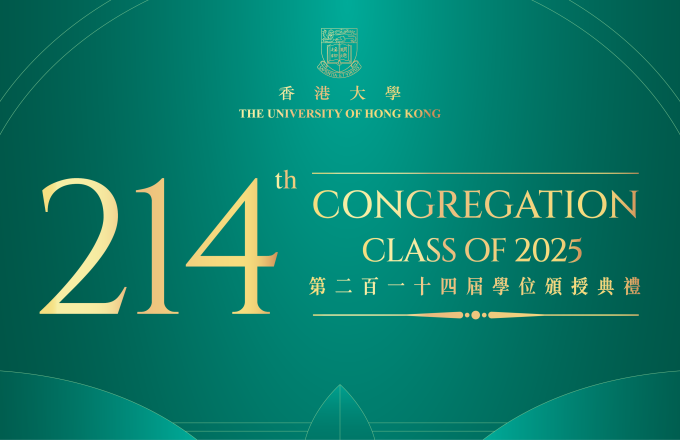Human-AI Co-Creation, Ownership, and Gender
SPEAKER
Assistant Professor of Management & Organization
D’Amore-McKim School of Business
Northeastern University
Generative artificial intelligence (GenAI) has fundamentally reshaped the landscape of creativity and innovation, revolutionizing the very processes through which ideas are conceived and brought to fruition. However, little is known about how the deployment of GenAI affects the nature of creative ideas as well as subsequent implementation efforts due to machine-colored psychological ownership. We study how to optimize the human-AI co-creation workflow for better creative outcomes. Integrating the literature on human-AI collaboration with research on the collaborative process of creativity, we propose complement and dependency AI augmentation as two distinct process structures of co-creation, which lead to different creative outcomes and implementation efforts. In two preregistered studies—an online experiment with entrepreneurs coupled with a field experiment with graphic designers—we found that both process structures surpassed human-only work by enhancing the novelty and usefulness of ideas generated, yet complement AI outperformed dependency AI in preserving the heterogeneity of ideas at the level identical to that of human-only work. Complement AI fostered a stronger sense of psychological ownership than dependency AI, which translated into a more positive indirect effect on implementation efforts. However, it was still surpassed by human-only work. The negative indirect effect of dependency AI on implementation efforts was especially salient for women (vs. men). By casting light on the process structures of human-AI co-creation and emerging subtle gender disparities, our work provides deep insights into optimizing gender-sensitive creative workflow and reconfiguring organizational innovation ecosystems in an intelligent-machine-driven economy.















